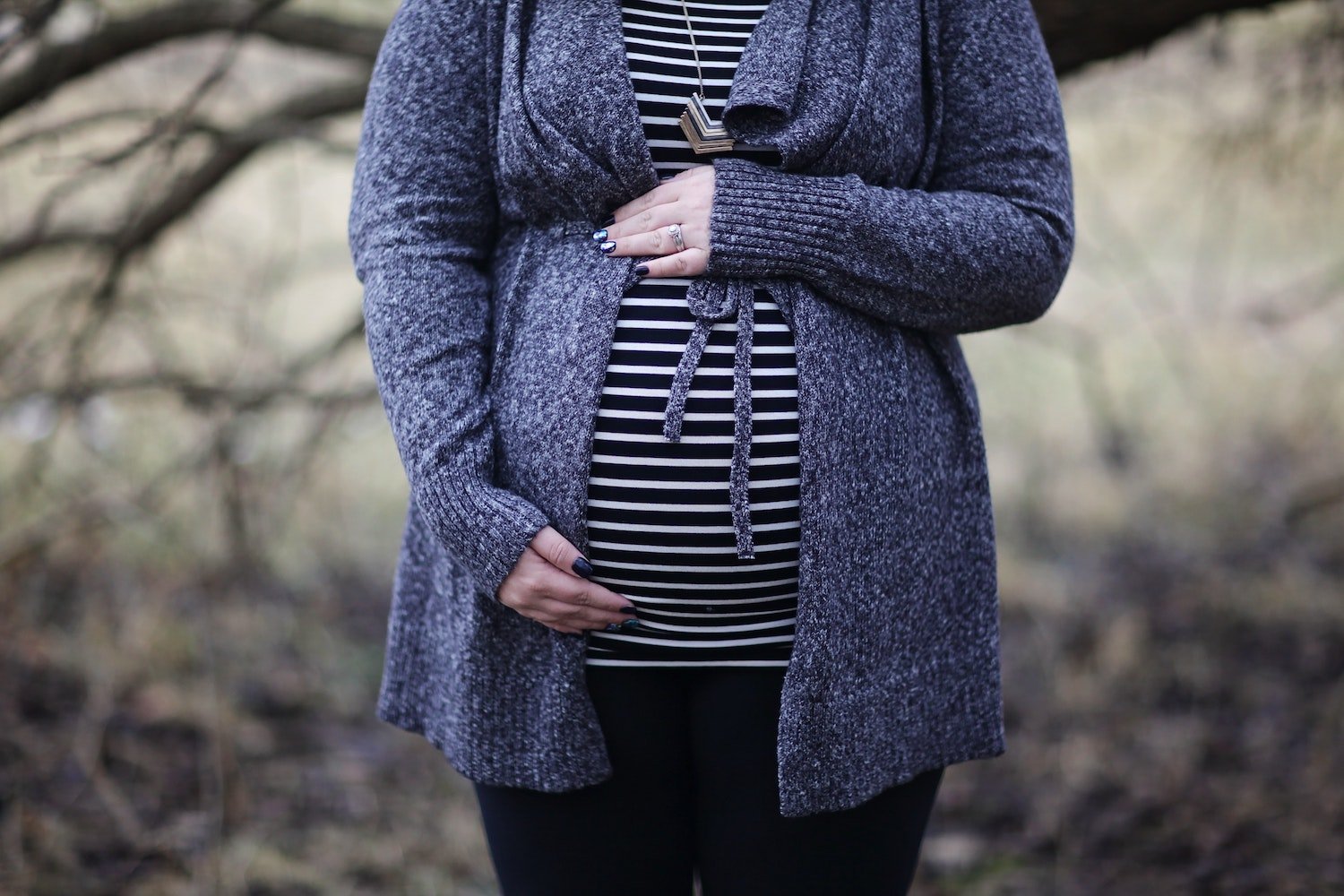
Many couples and individuals experiencing difficulty getting pregnant may take steps to improve the chances of becoming pregnant naturally before seeing a fertility specialist. According to the American Society for Reproductive Medicine (ASRM), couples have the highest chance of getting pregnant in the first three months of trying, at between 20-37 percent. After those first months, the longer a fertile couple tries to get pregnant, the greater their chance of success as the months of trying add up. ASRM says the likelihood that a couple not experiencing infertility will conceive in one year of trying is 80 percent, and 90 percent in two years of trying.
The following practices, from how and when to have sex to lifestyle habits, can help maximize the chances of pregnancy. Because issues affecting fertility occur just about equally in men and women, both partners should heed the advice below.
The most important thing a couple or individual can do to increase chances of natural pregnancy is to monitor ovulation (the release of a mature egg for fertilization), and time intercourse to that (see below). After doing everything they can in that regard, men and women should primarily focus on the health of their reproductive systems (more below).
Many myths and misconceptions surround conception, particularly how to have sex in order to get pregnant. There is no evidence that the likelihood of pregnancy is increased by certain sexual positions, prolonged rest by the woman after intercourse or by the woman lying in a certain position after sex. Normally, sperm ejaculated into the vagina reach the fallopian tubes where egg fertilization occurs within minutes, no matter what position is taken during intercourse.
However, many commonly used vaginal lubricants can negatively affect sperm survival and motility (sufficient movement to get to the egg). When trying to get pregnant, avoid using most commercial lubricants, saliva or olive oil during intercourse.
ASRM recommends canola oil, mineral oil, or hydroxyethylcellulose-based lubricants (Astroglide Natural, Kama Sutra Premium), as necessary.
While there is no standard number of times a couple should have sex, studies have shown that those who have sex at least twice per week increase the probability of pregnancy. There is also research showing that long periods of abstaining from sex can decrease a man’s sperm quality.
Previously, there was a belief that there should be a waiting period before trying to get pregnant for women who have been taking birth control. This is no longer the accepted thinking. Now it is believed that there is no reason to delay attempting to conceive.
The timing of intercourse is more likely to impact the chances of pregnancy rather than how often intercourse takes place. Intercourse prior to ovulation is more likely to result in pregnancy.
Ovulation, or the woman’s release of an egg during her menstrual cycle, is a crucial component of getting pregnant. After being released from the ovary, an egg only lives approximately 12 to 24 hours. Because of this, it is essential a couple have sex on or prior to the day of ovulation. The most effective way of doing this is to monitor ovulation, as described below.
A woman who has a regular cycle, between 25 and 35 days, is likely ovulating regularly. This typically occurs two weeks before the woman’s menstrual period. For a normal 28-day cycle, ovulation should be expected on days 13 to 15.
For women with irregular cycles, or absent menstruation, further evaluation should be done to determine if ovulation is occurring. Treatment options may be considered if it is not.
Monitoring a woman’s ovulation can be done with ovulation kits, apps, or calendar tracking. Following are some methods of ovulation monitoring.
Both men and women wishing to achieve pregnancy can do things to help give them the best chance for success. These include practices men can follow to ensure the health and vitality of their sperm and things women can do to increase their reproductive functioning.
Maintaining a normal body mass index (BMI) between 19 and 25 is essential for women trying to conceive. According to the American Pregnancy Association, being either underweight or overweight can affect fertility and the health of a pregnancy. Being obese or overweight can harm a man’s sperm health.
Exercise can also help women maintain optimum health, which can have an impact on the chances of pregnancy. Moderate aerobic exercise can improve lung capacity and blood circulation. Weight lifting can help women lose weight and increase muscle strength.
A healthy, balanced diet can improve both men’s and women’s overall health. While there is little evidence that a specific type of diet can increase the chances of fertility, a diet of lean meats, fruits, vegetables, and whole grains is beneficial for everyone. Additionally, the U.S. Department of Health and Human Services recommends a supplement of 400 micrograms of folic acid each day for women trying to get pregnant.
Incorporating healthy choices into a lifestyle also involves removing those things that can negatively affect a person’s health. Here are some habits to limit or stop:
Send Us A Message
90 Plain Street,
Providence, RI 02903
Copyright © 2026 Care New England Health System